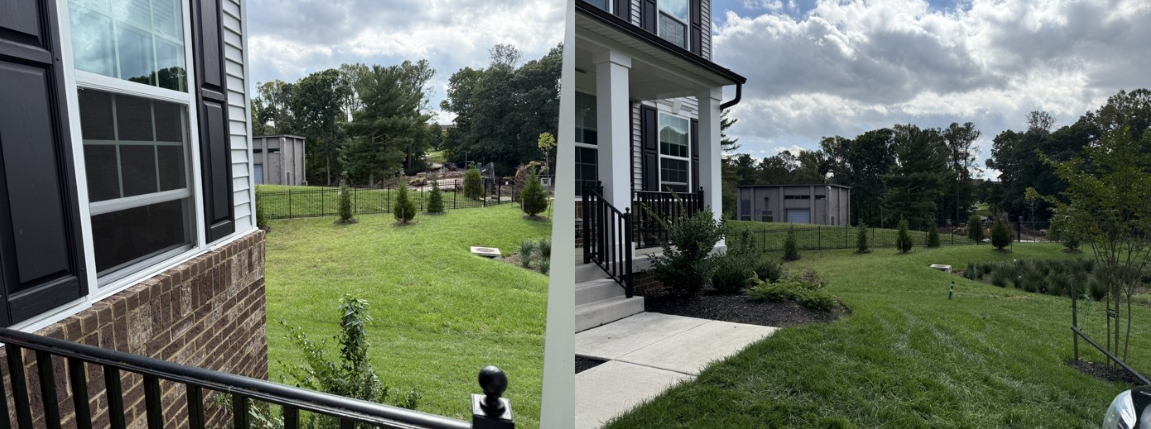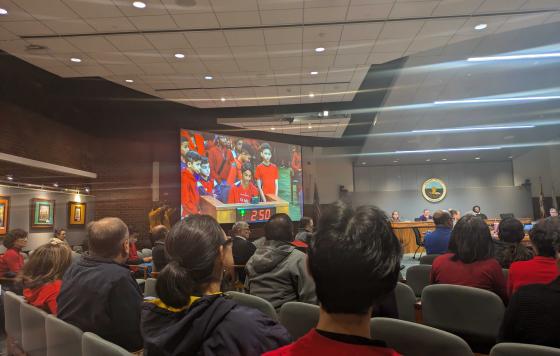
Why the Expansion of the W.R. Grace Chemical Recycling Facility in Howard County Poses a Serious Health Risk
In the heart of Howard County, Maryland, the W.R. Grace facility in Columbia has proposed an expansion to incorporate plastic “chemical recycling” into its operations. While the term “chemical recycling” may sound environmentally friendly, this process is essentially a form of trash incineration. The plastic “recycling” process converts plastic waste into a low-grade fossil fuel, which is burned elsewhere, or other chemicals, releasing harmful emissions. The process is incredibly inefficient, and the primary outputs are waste, and toxins. Far from the green solution it may appear to be, this expansion poses serious risks to nearby residents, wildlife, and the environment as a whole.
How Chemical Recycling Affects Our Air and Water
The emissions from chemical recycling of plastic contains a mix of hazardous chemicals. Carcinogenic polycyclic aromatic hydrocarbons (PAHs), volatile organic compounds (VOCs), and dioxins are known byproducts, all of which can have severe health impacts including cancer, early puberty, and respiratory illnesses among others. Many neighborhoods around the Grace facility are home to families with young children, older adults, and individuals with respiratory issues or other health complications who are especially vulnerable to air pollutants. With some residents living as close as 80 yards from the facility, they’re at risk of exposure to these pollutants, which can exacerbate health problems like asthma, heart disease, and cancer.
The problem doesn’t stop with air pollution. The byproducts of this chemical process also risk contaminating local waterways. Leaks, explosions, or accidental spills could have devastating, long-term consequences for community health. Even beyond the risk to air and water chemical recycling outputs large amounts of post process solid plastic waste into landfills, with the added challenge that it is often contaminated with toxic chemicals. Learn more about chemical recycling here.
Environmental Concerns Near Robinson Nature Center
The facility is located just one mile from the Robinson Nature Center, a sanctuary for native wildlife and plants along the Middle Patuxent River. An expansion to the facility could further endanger this natural habitat, as emissions from plastic recycling could threaten the ecosystem, impacting animals and plants that depend on a clean and safe environment. Introducing chemical pollutants into this space disrupts the delicate balance of local biodiversity and could have cascading effects on the region’s environmental health.
The Community Impact of Polluting “Recycling”
Chemical recycling facilities often disproportionately impact communities that may have less influence in public decision-making processes, and unfortunately, the health of these neighborhoods is sometimes sacrificed in the name of “progress.” However, residents and advocacy groups are pushing back, demanding that their voices be heard and that stricter regulations be imposed on these types of facilities. Expanding the Grace facility without considering the public health impact of emissions and pollutants fails to account for the well-being of people living in the vicinity.
Moving Toward Genuine Solutions
Expanding chemical recycling is not a solution to the plastic problem, but ultimately part of the larger fossil fuel industry, continuing a cycle that pollutes both the air we breathe and the water we drink. Instead of investing in unproven technologies like chemical recycling, it’s essential to prioritize genuine recycling solutions, reduce plastic production at the source, and explore alternatives that don’t harm our communities and ecosystems.
Howard County residents, especially those who live near the W.R. Grace facility, deserve protection from pollutants that could affect their health and well-being. As the proposal for the Grace facility’s expansion moves forward, it’s crucial for local decision-makers to listen to residents and weigh the consequences on both public health and the environment. Community health and safety, as well as environmental preservation, should always come first.
